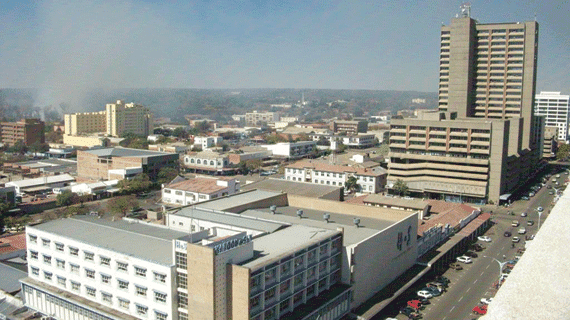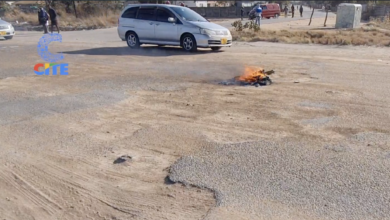
Industry players in Bulawayo have accused the government of backtracking on Special Economic Zones (SEZs) by not giving incentives to exporters and investment license holders authority to sell their products in foreign currency.
Bulawayo was one of the areas that the government designated for the implementation of SEZs with a view to restore the city’s former glory as the country’s industrial hub, encourage trade, investment and create jobs.
But the Confederation of Zimbabwe Industries (CZI) Matabeleland chapter president Shepherd Chawira lamented that the government had backtracked on the full implementation of SEZs.
“We have the issue of Special Economic Zones Act and at its inception, the act was very clear that the basis of acquiring a licence was for import substitution and export potential or both.
“Also, part of the benefits of raising licence fees was to sell goods and services in foreign currency to enable the licensee to generate forex for raw materials. The government has backtracked on giving incentives to non-exporters and has not allowed license holders to sell in forex,” said Chawira at a recent business meeting held in Bulawayo with Minister of Industry and Commerce, Dr Sekai Nzenza.
As a result, Chawira noted that attraction and enthusiasm in what was to be a key driver of reindustrialisation in Bulawayo were dampened by this policy shift.
He added, “many applications for licensing were turned down and some have licences from which they are not going to benefit from.”
The CZI Matabeleland Chapter president said policy inconsistencies continued to haunt local industry as businesses viewed SEZs as a driver of the city’s reindustrialisation agenda.
“By the way, the whole idea of the special economic zones was mooted here by the Matabeleland chapter. As CZI we seek your indulgence in having clarity on this key issue is of great importance to us especially that the Zimbabwe Investment Development Agency (ZIDA) has been signed into law.
Delegates at the meeting, claimed Dr Nzenza failed to give satisfying answers to concerns raised by businesspeople.
This meeting was the first to be held by the industry minister in Bulawayo since her appointment.
Dr Nzenza had said she was “here to listen, engage, share ideas, identify the gaps and challenges” where together with businesses, “can address and improve productivity in our economy”.
She noted that the government was aware of some challenges such as foreign currency, high inflation, informal economy that continued to grow at a fast pace, low production levels and acknowledged that their “policies have not been consistent.”
Dr Nzenza said 2020 the government will prioritise posterity and production, highlighting that under the national stabilisation programme, her ministry had strategies to focus on resuscitating strategic industries by developing and implementing their industrial value chains.
“The problems we have can’t be fixed in one day. Energy, fuel and water are key enablers for production. Regarding the fuel sitaution, I met with the minister of energy (Fortune Chasi) who is working really hard around the region and overseas to see how best to address this situation. This is why focus is on using solar as one of the key strategies and encouraging use of renewable energy,” she said.
On fuel shortages, the industry minister tasked permanent secretary of her ministry, Dr Mavis Sibanda to comment.
Dr Sibanda said, “The problem of fuel, is one which is with us and the government is doing its best to stabilise the situation. It would be difficult for us to give you an immediate answer right now. What we can tell you is that government is doing its best. With regards to issue of transport where people are coming to work late and tired because of transport shortages, I think you are aware government is doing something – increasing fleet of ZUPCO buses. Some of the buses are going to be manufactured locally and some of them will be imported, as a ministry we are very excited that some of the buses are to manufactured locally.”






